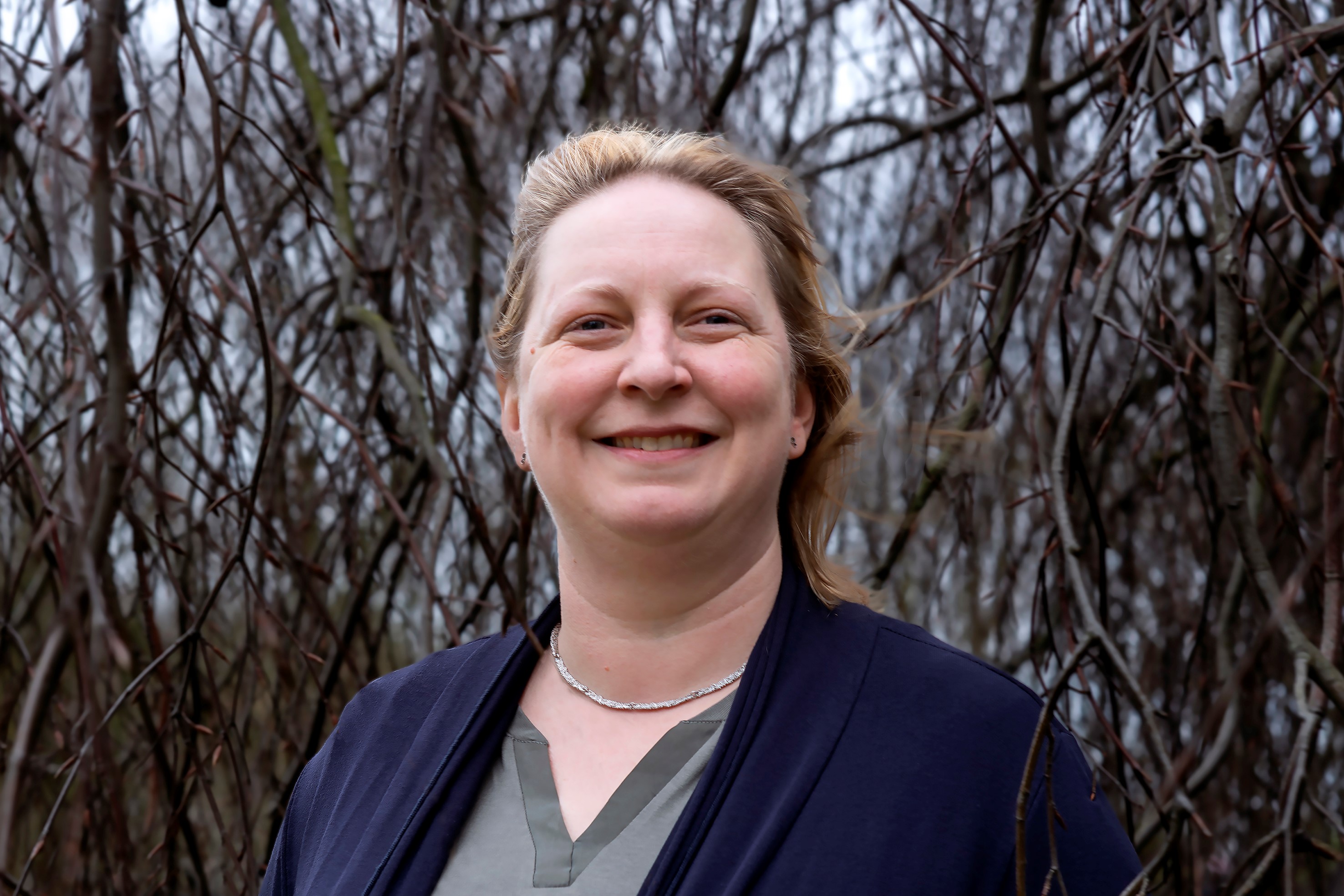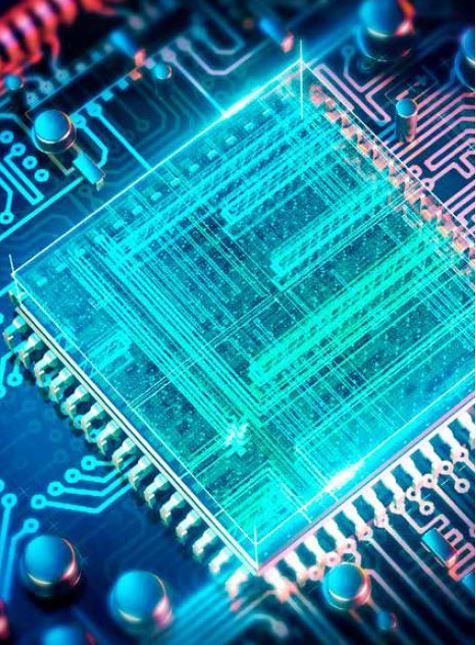Maastricht University is involved in improving the Advanced Virgo Gravity Wave Detector
On May 9th, the NWO awarded €2.7 million to improve the Advanced Virgo gravity wave detector in Pisa. Maastricht University will take part in this initiative, which will be led by the Dutch National Institute for Subatomic Physics (Nikhef). Researchers from the Faculty of Science and Engineering's Gravitational Waves and Fundamental Physics Institute will help reduce scattered light inside Advanced Virgo.

Scattered light might be a blessing for photographers, as they frequently use it to achieve effects such as light rays in their photographs. When trying to detect laser light inside a gravity wave detector, however, scattered light becomes a menace. "We detect gravity waves using a very strong laser that produces 100 quintillion (100 triljard in Dutch) photons per second," says Sebastian Steinlechner, leader of Advanced Virgo's "scattered light control" programme. Only a few of these photons will hit the light detector when a gravity wave passes Advanced Virgo. All of the other photons are superfluous and may accidentally hit the detector as scattered light. At Maastricht University, we will create optimised stainless steel shields that will absorb (rather than reflect) almost all of the light that strikes them. These will then be manufactured and installed in Advanced Virgo, where they will aid in the removal of scattered light from critical parts of the interferometer."
Aside from "scattered light control," Steinlechner and his colleagues at the Gravitational Waves and Fundamental Physics Institute will help improve Advanced Virgo in other ways.
Also read
-
"I am proud that our new Circular Plastics group published its first completely in-house research," Kim Ragaert says. She founded the research group three years ago, when she moved to Maastricht. Her work has laid the foundations for many innovations in the field of plastic recycling, and she is...
-
Programming quantum computers, like the quantum computer itself, is still in its early stages. Quantum computing researchers tend to be physicists, mathematicians, or computer scientists who have a special interest in the mathematical framework of quantum mechanics.
-
Atoms and smaller elementary particles behave in unusual, sometimes unpredictable ways. It sounds strange, but it is this unpredictability that gives a quantum computer its power. Executing precise calculations with previously unheard-of possibilities in a way that physicists still do not completely...

